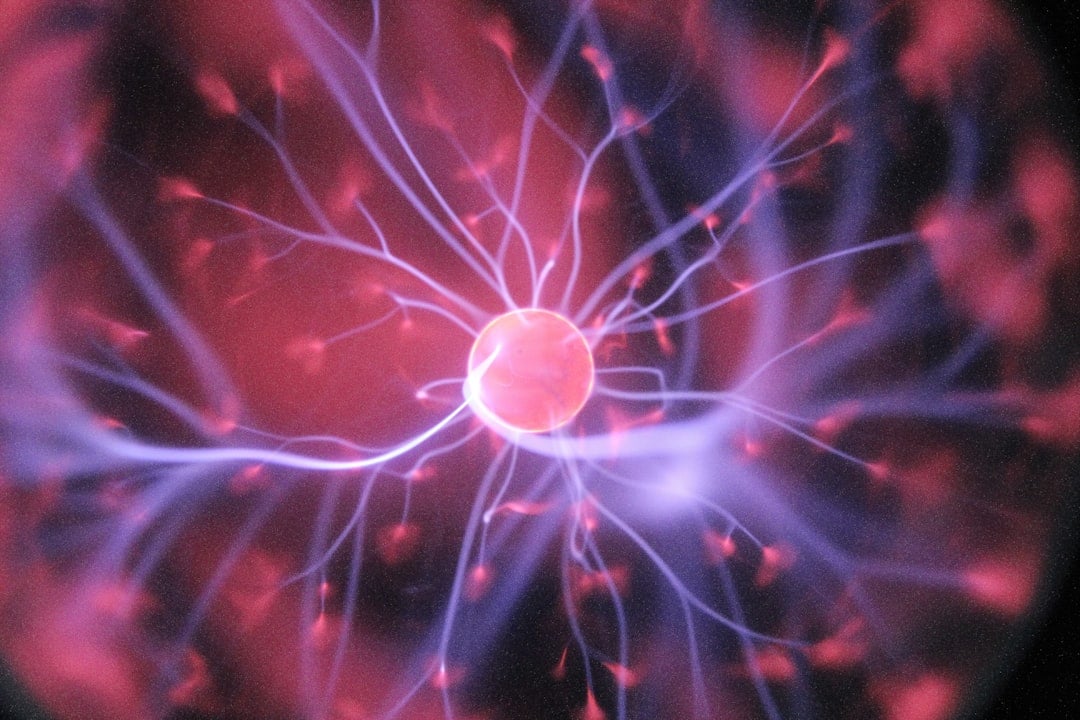We see patients of all ages at Hope, Brain & Body Recovery Center in Chadds Ford and they individually experience a myriad of symptoms. It’s now officially called Post-treatment Lyme Disease Syndrome (PTLDS) but in the recent past was dismissed by some physicians as being caused by something other than Lyme or as simply psychosomatic.
Commonly after a diagnosis of Lyme Disease, a physician will prescribe a short-term 3-week course of antibiotics such as doxycycline. For some patients, 10 to 20%, this doesn’t resolve the symptoms, and prolonging their antibiotic treatment may exacerbate their problems.
Short-term antibiotics do kill the spirochetes which are the bacteria causing Lyme but antibiotics are neurotoxins so they are going to hurt the nervous system while doing it. It is therefore important to deal with the effects of the treatment on our overall function.
Symptoms of Post-Lyme
What are the symptoms of post-Lyme disease? We see patients with headaches, brain fog, tiredness, muscle aches, and stomach pain. Some patients also experience depression, joint pain, and pain in general. These symptoms can last for 6 months or more after a patient completes their antibiotic treatment.
Why Lyme Symptoms Persist
Once you have Lyme you will start to produce your own antibodies against your nervous system. This affects the brain and supportive cells. Your body has a better chance of fighting Lyme if the nervous system is functioning normally. Once the brain is inflamed your entire immune system is not functioning properly.
The nervous system is up-regulated, it’s inflamed, and we need to get to the bottom of this and move you from where you are to getting better.
How Long Will Post-Lyme Symptoms Last?
Untreated, post-Lyme symptoms can continue for 6 months or more. Some untreated patients have also experienced flare-ups of their symptoms at a later date when experiencing stress. An additional complication is that the weakened immune system experienced by post-Lyme disease patients makes other diseases like Covid either more likely or more debilitating.
Treatment For The Neurological Consequences Of Post-Lyme Disease
Lyme disease triggers inflammation and the brain is extremely sensitive to inflammation. Once the protective barrier of your brain is broken down the symptoms of your Lyme get worse. Protecting your brain is one of the primary goals throughout the treatment process.
One way to improve neurological consequences of post-Lyme disease is to lower inflammation. We take a functional medicine approach which means we do diagnostics looking at other cross-inflammatory issues like food sensitivities, mold infections, heavy metals, and things of that nature which can then be treated.
We’ll carry out food allergy testing, metabolic testing, hormone testing (Dutch test), and stool testing. In this way, we can explore the possibility of additional underlying or contributing factors that may be the real source of your condition.
The second way to improve the neurological consequences of post-Lyme disease is the use of the correct hormones and vitamins. In order for your brain to improve you need brain growth hormone (BDNF) and other vitamins, for example, Vitamin B and fish oils. The natural occurrence of these hormones and vitamins in your body can be damaged by the inflammation Lyme disease causes.
The third way to improve the neurological consequences of post-Lyme disease is to stimulate your nerves. To restore your nerves to their full potential they need to be stimulated. This is a key part of recovering from post-Lyme syndrome disease.
We use a QEEG (Quantitative Electroencephalogram) – with this device we do a 19-point research-grade brain scan which gives us a lot of information about how the brain is operating and allows us to determine the correct treatment.
Then we do 4-point neurofeedback. This is a state-of-the-art, non-invasive, drugless method for teaching the brain to function in a more balanced and healthful way. This type of therapy helps you harmonize your brain waves, naturally.
A Typical Post-Lyme Patient Example
We treat a lot of children at Hope, Brain & Body Recovery Center as they are often victims of the ticks causing Lyme. This is the type of story we see.
A seven-year-old Female patient suffered from Lyme disease. The patient was originally treated for 21 days on antibiotics. After this 21 days on antibiotics, the patient still complained of headaches, brain fog, tiredness, stomach pain, and muscle aches. The parents then took their daughter back to the doctor who prescribed another 14 days of antibiotics.
After those 14 days, the patient’s stomach pain got even worse. The parents did not want to keep putting their daughter on antibiotics since she was not getting any better.
At this point, they started doing their own research and found out that Hope, Brain, and Body Recovery Center has a record of helping patients with post-Lyme syndrome disease. The patient’s care plan consisted of 2 appointments per week and each treatment session lasted up to 1 hour in a purely holistic approach to improve her symptoms.
Our goal at Hope, Brain, and Body Recovery Center is to utilize our state-of-the-art treatment methods and expertise to help patients suffering from Neurologic Post-Lyme Disease Syndrome. We understand the frustration you are experiencing with your unchanging or worsening symptoms and we will work with you to restore your quality of life.
What Causes Neurological Lyme Disease?
Explore neurologic Lyme disease, caused by Borrelia burgdorferi bacteria transmitted by tick bites. Learn symptoms, diagnosis, and treatment.
Post-Lyme Disease Treatment Available in Chadds Ford, Pennsylvania
If you have post-Lyme symptoms which aren’t going away, reach out to the specialists at the Hope Brain and Body Recovery Center for more information. Call our offices to speak with a representative from our team or schedule a consultation online today!





